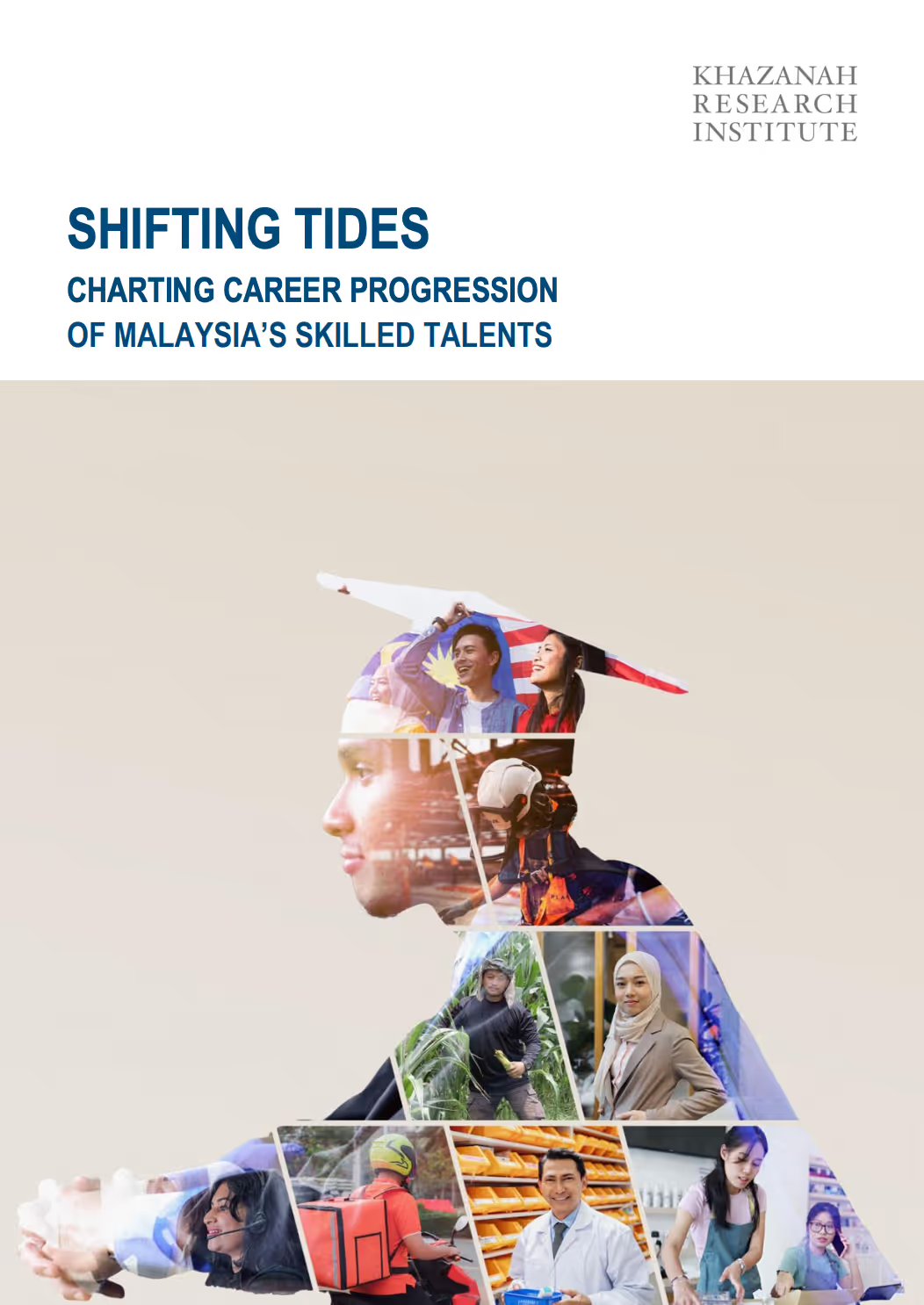
Tertiary education is pivotal in fostering Malaysia's human capital development and driving economic growth. Its rapid expansion since the 1980s has enlarged the pool of tertiary-educated workforce, yet challenges persist with a growing number of graduates accepting employment that is not aligned with their qualifications and study fields or resorting to non-standard work.
This report examines pertinent challenges that Malaysian graduates from local higher education institutions encounter during their transition from education to work, as well as their career progression over time. It encompasses a cohort study of fresh and experienced graduates who have completed their studies throughout the last decade. The findings highlight deeper structural issues surrounding skills mismatch and dismal starting pay affecting Malaysia’s skilled talents amidst challenging economic conditions.
Five key policy recommendations:
- Improving the measurement and monitoring of graduate employment outcomes, including employment quality, career progression, and regular review of curriculum over time.
- Strengthening the existing active labour market policies, through better quality internship and apprenticeship programmes as well as a centralised infrastructure for the job search process.
- Promoting greater inclusion through passive labour market policies, by increasing coverage and benefits and ensuring adequate social protection and overall support for vulnerable groups.
- Enhancing the supportive and integrated entrepreneurial ecosystem, consisting of tailored support for different types of entrepreneurs and high-value creation, especially among TVET entrepreneurs.
- Accelerating the progress of demand-side initiatives and regulations, encompassing high-skilled and well-paying job creation, a fair and decent wage guideline, improved job matching efficiency, and a stronger link between the demand and supply of skilled talents.
These policy recommendations seek to strengthen existing initiatives and contribute to enhancing Malaysia’s graduate employability and long-term employment outcomes.















